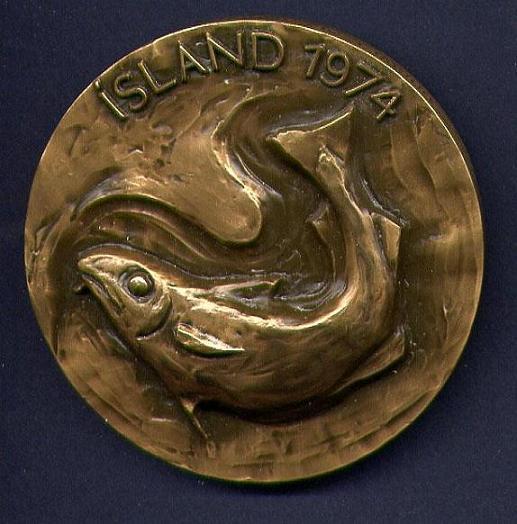Something Exciting Littoral Submarines Do
Experts tell us that if we wish to have a clearer picture of our future, we must have a clear picture of our past. Applying this wisdom to clandestine submarine operations, the following history may clear things up for some people, may be of interest to others, and may even sound exciting to a few.
Germany's World War II Insertion of Spies at Frenchman Bay, Maine
U-1230's brazen submarine skipper, Kptlt. Hans Hilbig, had been a Luftwaffe pilot. His usual complement was 55 officers and men. The sub would have navigated the coast with bearings from U.S. radio stations and entered bays and harbors using our lighthouses and navigation buoys (instead of military-grade GPS). Using islands as screens to avoid radar detection, she would have surfaced at night or in dense fog to recharge her batteries.
U-boat 1230, a small, littoral-type, diesel submarine arrived off Cape Cod on November 27th and proceeded further into Frenchman's Bay. Two members of U-1230's crew in a rubber dinghy landed two German Abwehr agents (spies) at Hancock Point (14 miles up into the Gulf of Maine) late in the evening of 29 November 1944, much as special operations units might do, today.
The spies, William C. Colepaugh and Erich Gimpel were clad in expensive attire, with wristwatches, compasses, .32-caliber Colt automatic pistols, and $60,000 in cash and small diamonds. They hiked through snow to a nearby road, where they were noticed by a high school student who told her friend, wife of a deputy sheriff, who then informed the FBI. Naval Intelligence Enigma decryptions had described a U-1230 "special mission" in the area.
Colepaugh and Gimpel eluded authorities making their way to Boston and then by train to New York City. Their mission was to learn about the Manhattan Project and transmit it back to Germany using a radio they were expected to build. If necessary, they were also expected to destroy factories related to the war effort.
Colepaugh, raised in East Lime, Ct., had second thoughts about his mission and revealed it to a childhood friend. On 26 December, about a month after landing, he turned himself in to the FBI and helped the Bureau track down Gimpel, who was captured on in New York City on the 3oth of that month.
Both were tried for espionage and sentenced to death by hanging under President Roosevelt, but President Truman later commuted their sentences to life imprisonment.
U-1230 resumed her war patrol sinking the 5,500 ton Canadian ship Cornwallis. She was able to elude a hunter-killer unit lead by escort carrier USS Bogue and returned to Kristiansand, Norway 13 Feb, 1945.
Former CIA agent and Richard Gay determined the following details regarding the Abwehr agents and wrote two books covering the incident:
Colepaugh, had long since been reported dead, and the other, named Gimpel, had long since disappeared. In November 2001 I found the dead one, alive, and interviewed him over the phone. In 2002 I found Erich Gimpel living in South America. He had spent ten years in U.S. prisons before being repatriated to Germany. William Colepaugh, who had reportedly died in prison, was released after fifteen years. He served more time because he was an American defector.
----------------------------------------------------------------
Notes:
Erich Gimpel, was a prominent member of the SS, from Merseburg, Germany, and a professional when it came to intelligence surveillance. William Colepaugh, an East Lyme, Conn., native known for extolling the virtues of the Nazi Party during his student days at MIT, was his accomplice. The two spent time in Holland and Germany training for their mission and left Europe aboard the 252-foot U-1230 submarine on Oct. 6, 1944. They spent two weeks underwater off Mount Desert Island.
Decades later, one of the the U-1230's crewmen set out on a mission to find Mrs. Forni.
In 1984, Horst Haslau knocked on her door and they became fast friends. Haslau was just 20 years of age when Hitler's sub had arrived off Maine.
Kptlt. Hilbig died 11 June 2004
Erich Gimpel a.k.a. Agent 146, wrote an photographed there.
Colepaugh moved near Philadelphia after parole in 1960. He subsequently owned and operated a business that sold lockers, desks and other metal office products he learned to build in prison. He married and participated in community activities, volunteering with the Boy Scouts and becoming a member of Rotary. He died of complications from Alzheimer's Disease in 2005.
Rumored to be a Bulkeley graduate who had been rejected by the USNA and discharged from the US Naval Reserve ("for the good of the service").


2 Comments:
colepaugh was my great-uncle
jill
colepaugh was a good friend ofmine
please contact me
Post a Comment
<< Home